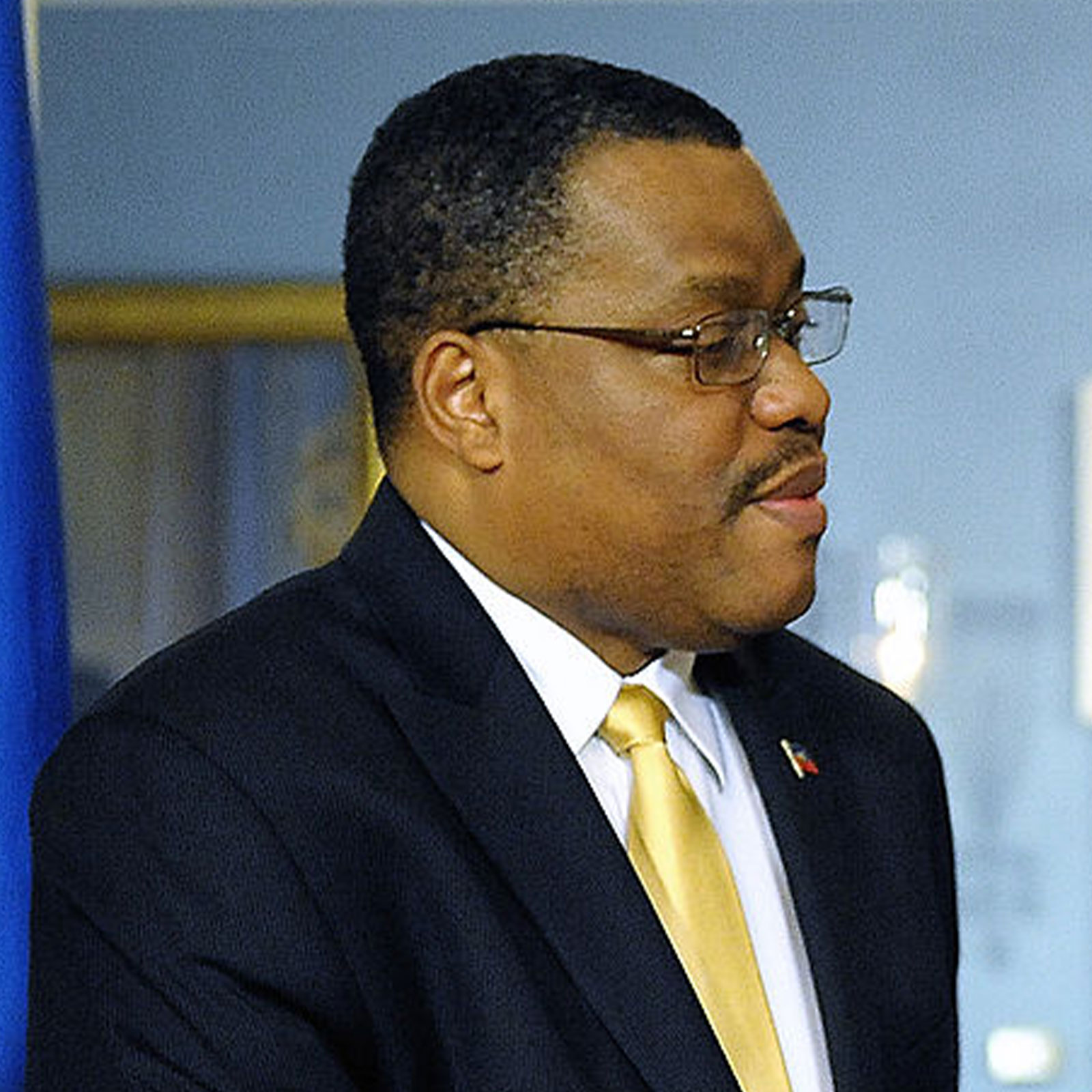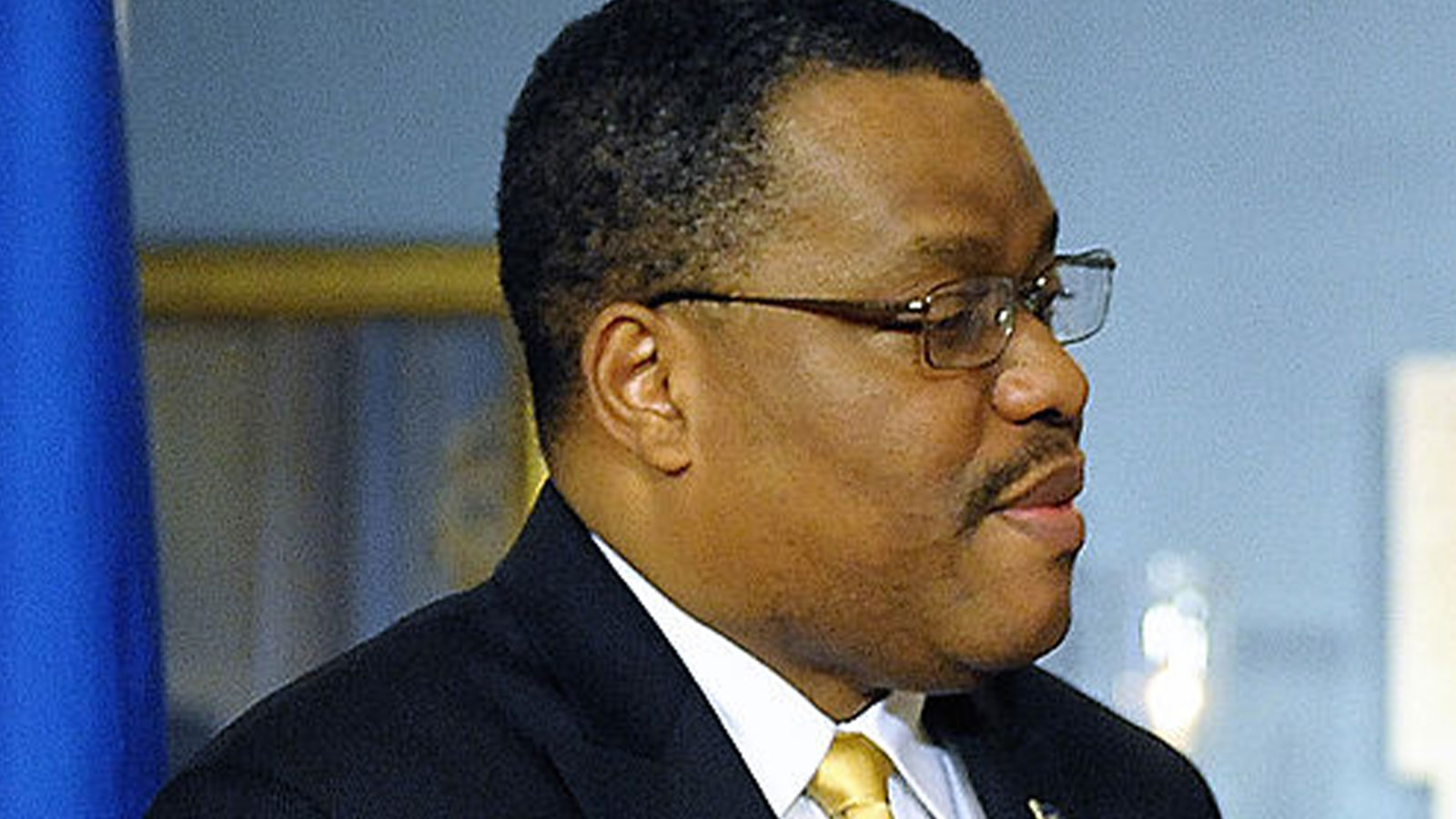See what Conille may be bringing from his background to the transitional PM role.
By Fritznel D. Octave, Haiti Times —
The Transitional Presidential Council, CPT by its French acronym, officially announced Wednesday that it had selected Dr. Garry Conille as the prime minister to lead Haiti during its interim governance, currently slated to end in February 2026. As Conille navigates the country’s socio-political landscape and forms a cabinet to govern, he will need to call on expertise and contacts he has cultivated over his 30 years as a physician and public health expert, former government head and international development official.

Dr. Garry Conille
Conille said he aims to bring stability to Haiti by addressing pressing issues such as gang violence, economic hardship, and the need for democratic elections. His vision includes fostering international partnerships and ensuring development projects benefit all Haitians.
In an acceptance message, posted on X, Conille sought to strike a note of unity.
“Together, we will work for a better tomorrow for all our nation’s children,” he wrote on the platform in Creole.
Following are 10 key facts about Conille life, highlighting why the CPT likely chose Conille and where he might turn to pull the technical and political leaders to form his government.
10 things to know about Dr. Garry Conille
Life and Family
- Conille was born on February 26, 1966, and raised in Port-au-Prince. He and his wife Betty Rousseau, the stepdaughter of Marc Bazin, also a former Prime Minister of Haiti, have twin daughters, Soraya and Gaelle.
- His father, Dr. Serge Conille, served as the Minister of Sports and Youth in the Duvalier government.
Education
- Conille graduated from Collège Canado-Haïtien, then the Faculty of Medicine and Pharmacy of the State University of Haiti.
- In the U.S., Conille was a Fulbright Scholar at the University of North Carolina at Chapel Hill, where he obtained a Master’s in Health Policy and Administration. He also studied at Columbia University’s School of International and Public Affairs (SIPA) in New York.
Career highlights
- Conille began his career in 1994 with the National Development Association in Haiti. In 1999, he worked as a public health specialist at the Albert Schweitzer Hospital in Deschapelles, in the Artibonite Department.
- Conille served as Chief of Staff to former U.S. President Bill Clinton when Clinton was the UN Special Envoy for Haiti in the wake of Haiti’s 2010 earthquake to help coordinate reconstruction efforts. He continued in that role until he was nominated Prime Minister of Haiti in October 2011.
International development expertise
- Conille held several key positions within the United Nations and international NGOs between 1999 and 2024, including at the UN Population Fund (UNFPA) as Deputy Representative in Haiti between 2008 and 2010.
- Conille has worked closely with various international leaders and played a significant role in the UN’s efforts to implement post-2015 development agendas.
- Until his resignation on May 28, he was UNICEF’s Regional Director for Latin America and the Caribbean based in Panama City, Panama. A post he had held since January 2023.
Political roles
- Conille previously served as Haiti’s prime minister from October 2011 to February 2012 under then-President Michel Joseph Martelly. His term ended abruptly due to political disputes with former President Martelly and other government officials, and some labeled him as too bureaucratic and out of touch, with a micro-managerial style.
Source: Haiti Times















